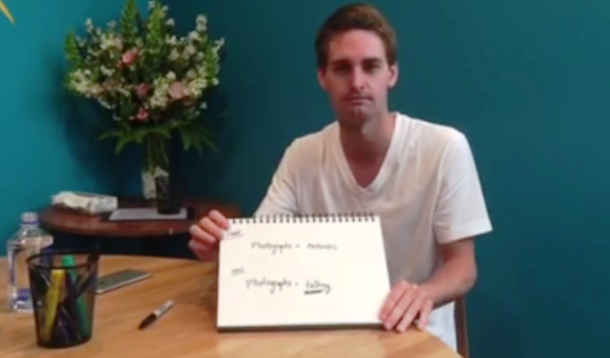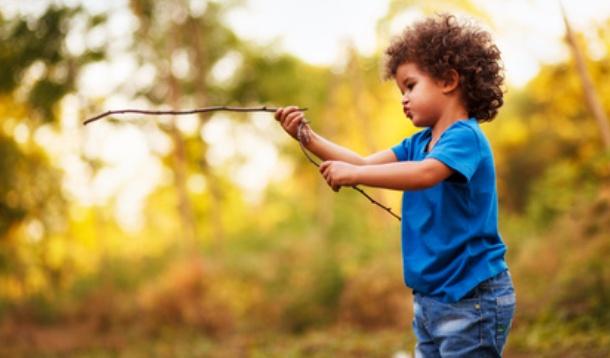

When it comes to kids' birthday parties, mom Sophie May Dixon has the rest of us beat. She dropped an eye-popping sum for her five year-old daughter's dream birthday.
And just what does £2,000 (around $3,850) get you these days? A red carpet, a pony, a DJ, a face painter and a big bouncy castle, that's what.
Notwithstanding that the girl's name is Princess Bliss - and her three year-old sister is called Precious Belle - Dixon insisted during her appearance on the British breakfast TV that her daughters are "treated, not spoiled."
"They haven't asked for it. It's once a year that you give them something special," insisted Dixon, who spends the better part of a year planning parties for the girls.
She got the idea for a pony party after seeing a post on Facebook. So if it seems a tad outlandish, consider that Dixon isn't the only parent out there throwing increasingly lavish birthday parties. Proms are no better.
To each their own, of course, if you have that kind of money to drop. We all think our children are "precious" darlings who deserve the finest in life, even if we don't print it on their birth certificates.
But is this kind of grandeur doing our kids (and our bank balances) a disservice?
This is when I proudly get to start a sentence with "In my day..." One of my most memorable birthday parties was held at the local Burger King, where this little queen revelled in a cardboard crown for an hour while munching fries. My, how times have changed!
Last year I went all out and booked a section of a trampoline park for my six year-old son's birthday. It was the first time I'd outsourced his party, in part feeling the pressure to do something a bit more grand than scatter a few toys around our family room. Yet now that I've hopped on the birthday treadmill, I worry that I've created a dangerous precedent. What big things will he expect for his seventh?
Is social media to blame for the rising insanity (not to mention competitive edge) to kids' parties and cakes, etc, or do we bring it on ourselves?
![]() RELATED: Party Planning for Parents
RELATED: Party Planning for Parents
